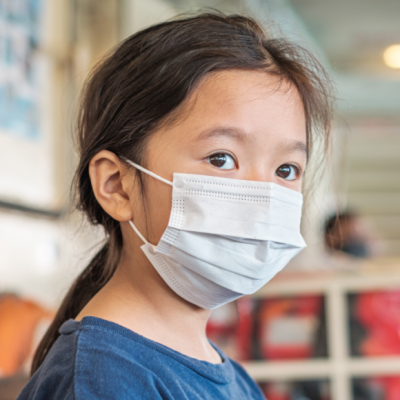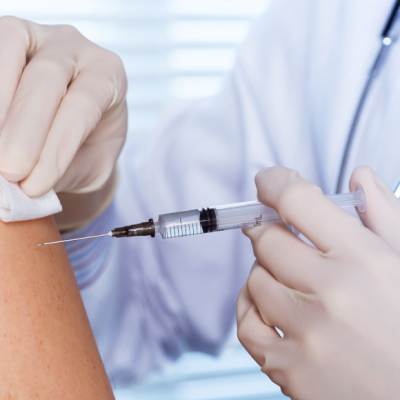The announcement of stricter COVID-19 restrictions for unvaccinated individuals in Austria has led to an increase in vaccination rates, according to a study by the ifo Institute. The study found that targeted measures that limit the freedom of unvaccinated individuals are more effective in increasing vaccination rates than a general lockdown for all. The study also revealed that the lockdown for unvaccinated individuals had only a minor impact on vaccination rates.
The study was conducted in Austrian and German border regions, where the vaccination rates were 61.1% and 57.2%, respectively, at the start of the study in October 2021. By December 4, 2021, the vaccination rate in Austria had increased to 68%, while in Germany, it had risen to 61%. The study highlights the importance of high vaccination rates in combating the pandemic, as unvaccinated individuals are responsible for up to 91% of SARS-CoV-2 infections, according to a separate study by the HU Berlin.
Andreas Peichl, the head of the ifo Center for Macroeconomics, explained that the announcement of the 2G rule in Austria on November 5, 2021, led to an increase in vaccination rates. However, the general lockdown announced on November 22, 2021, had a negative impact on vaccination rates. Hannes Winner, a professor of economics at the University of Salzburg, emphasized the importance of targeted measures for vaccine refusers in increasing vaccination rates.
In conclusion, the study by the ifo Institute highlights the effectiveness of targeted measures in increasing vaccination rates. The study also emphasizes the importance of high vaccination rates in combating the pandemic, as unvaccinated individuals are responsible for a significant proportion of infections.










